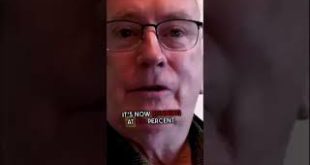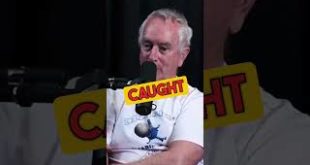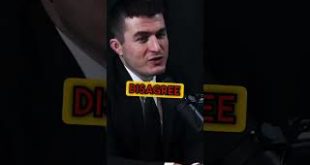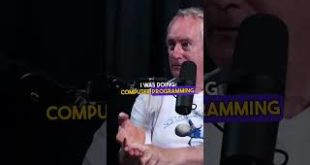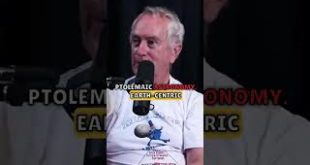Read More »
a stock market crash is likely because of this #economist #economics #student
showing @lexfridman why bitcoin is a walking contradiction #shorts #economist #economics #student
Get it now for free, and laugh at @benbernanke with me #shorts #economist #economics
"a lot of people get caught up doing this in life… 🙄" @lexfridman #shorts #economics #economist
"doesn’t deserve a human face" @paulkrugman @lexfridman @LexClips #shorts #economist #economics
Steve Keen and Friends: Episode 07 Macros and Cheezy Responses
Professor Steve Keen is an internationally recognized Economist. Described by Vox Day and Daniel Sanderson as "the greatest living economist," this video series is designed to bring out Steve's natural humility. Joined by regular guests Daniel Sanderson and Tyrone Keynes (Ty), the series will oscillate between friendly banter and economic excellence. WARNING: if you are a close-minded neoclassical economist, climate denier, or generally an angry person, this show is NOT for you....
Read More »"they were bored sh*tless" @lexfridman @LexClips #shorts #economics #accounting
Not for students. #shorts #students #economics
Steve Keen and Friends: Episode 06 William Phillips Explained
Professor Steve Keen is an internationally recognized Economist. Described by Vox Day and Daniel Sanderson as "the greatest living economist," this video series is designed to bring out Steve's natural humility. Joined by regular guests Daniel Sanderson and Tyrone Keynes (Ty), the series will oscillate between friendly banter and economic excellence. WARNING: if you are a close-minded neoclassical economist, climate denier, or generally an angry person, this show is NOT for you....
Read More » Steve Keen’s Debt Watch
Steve Keen’s Debt Watch


